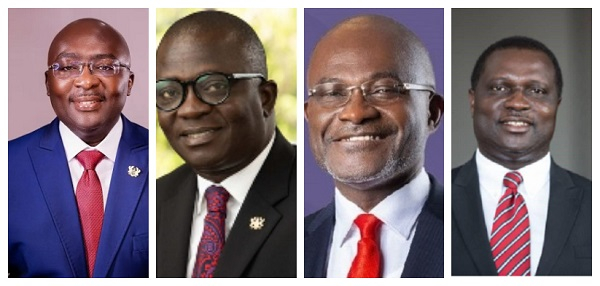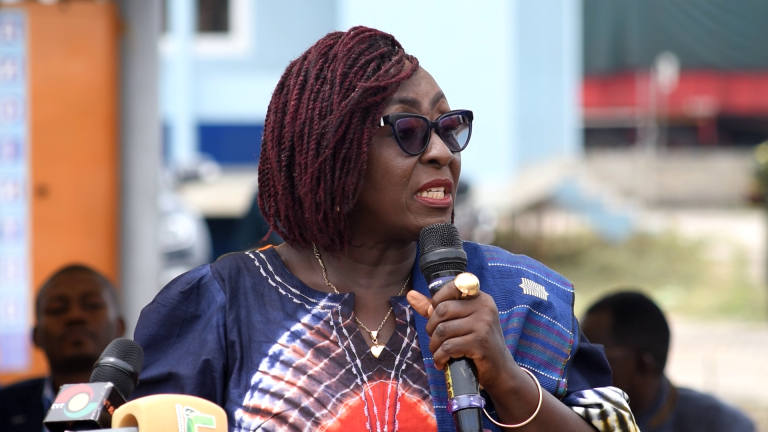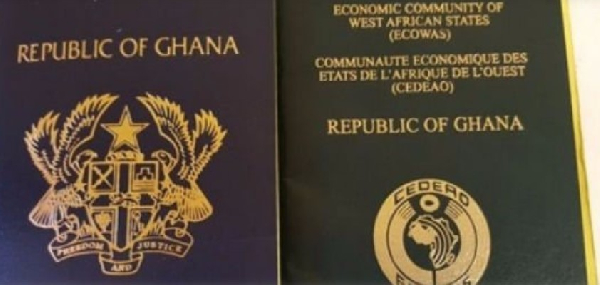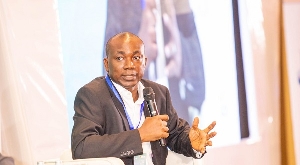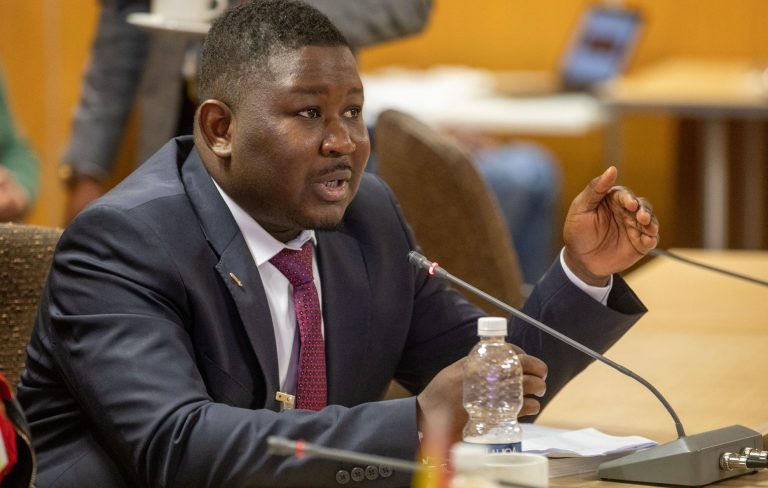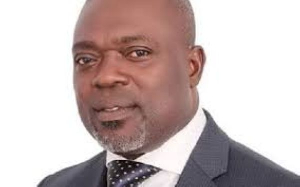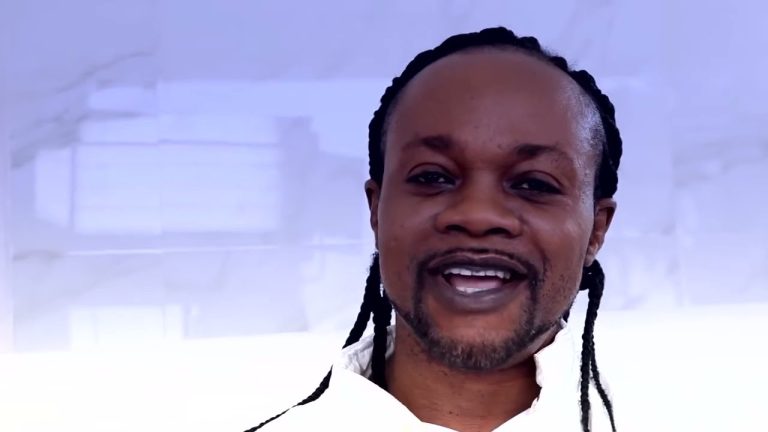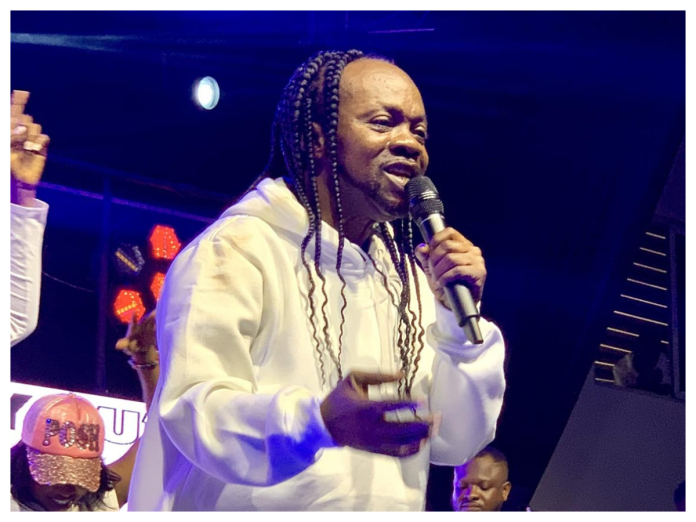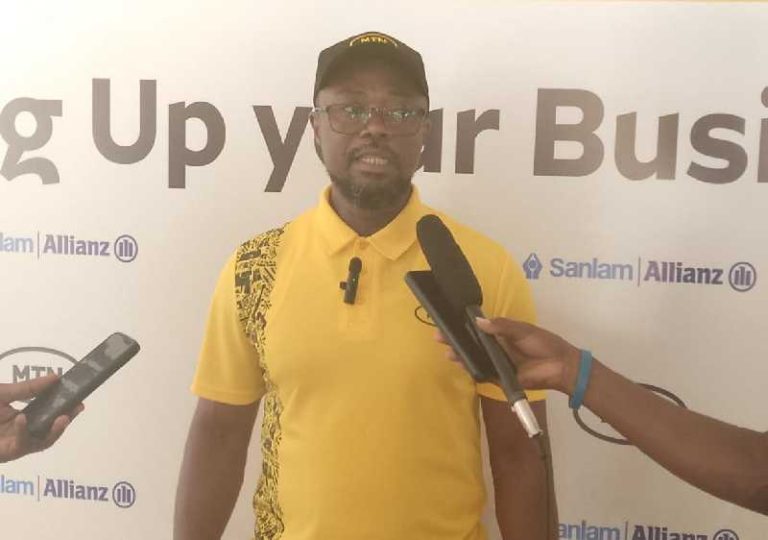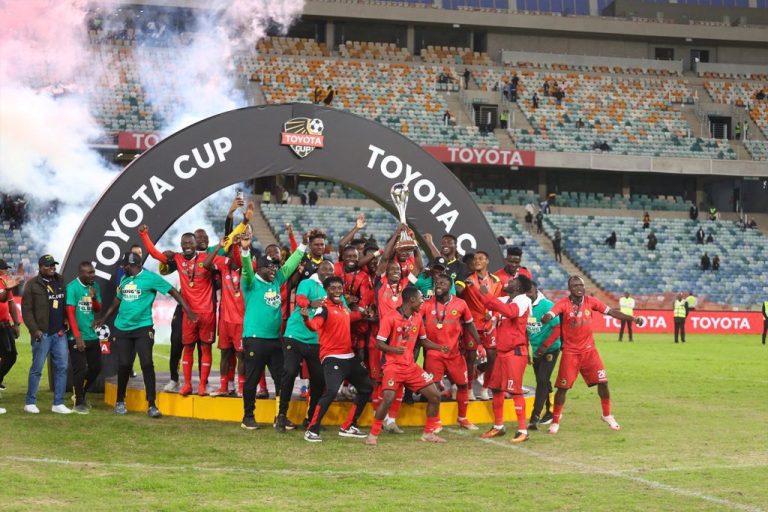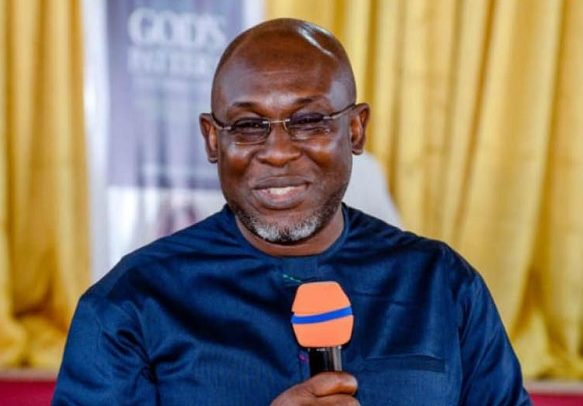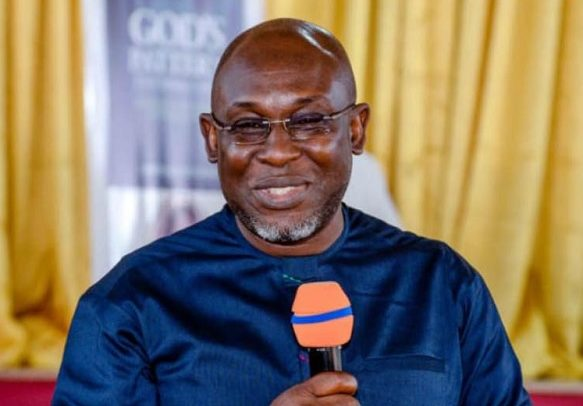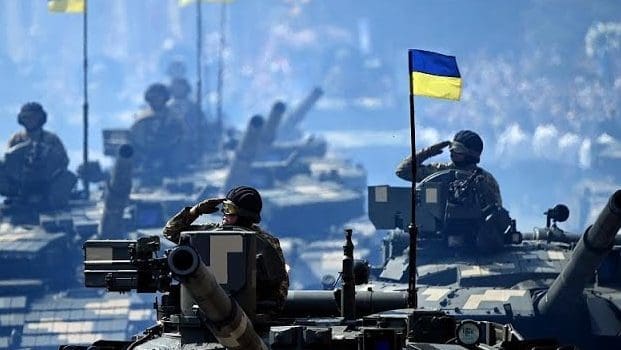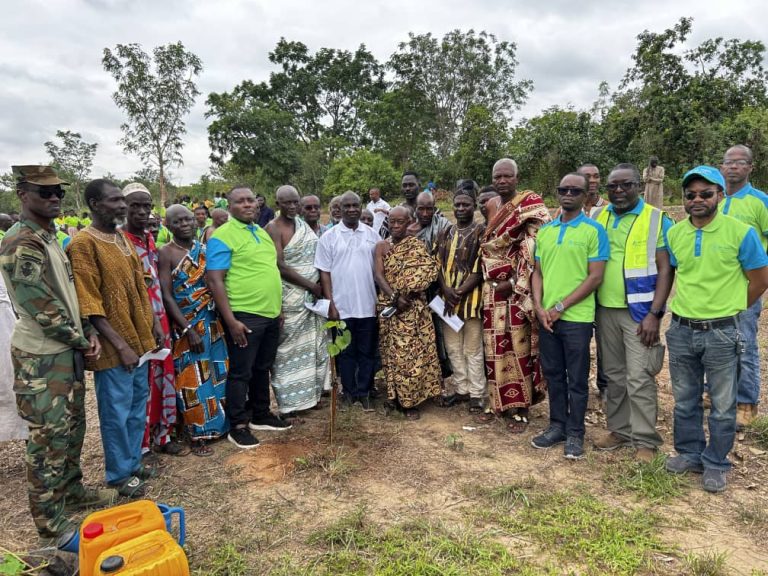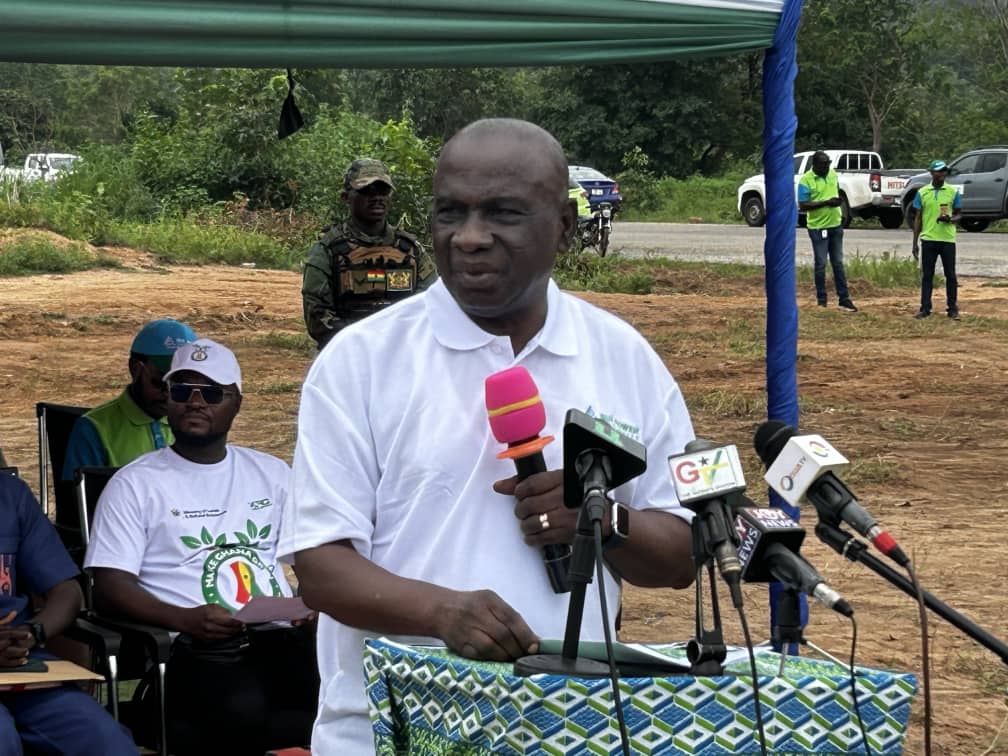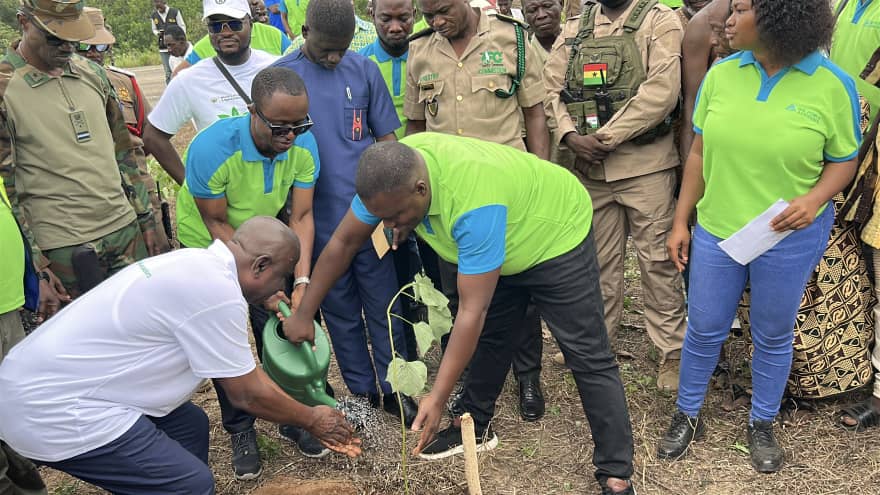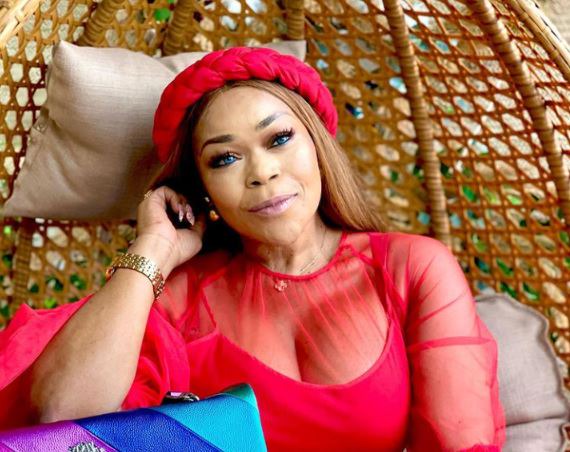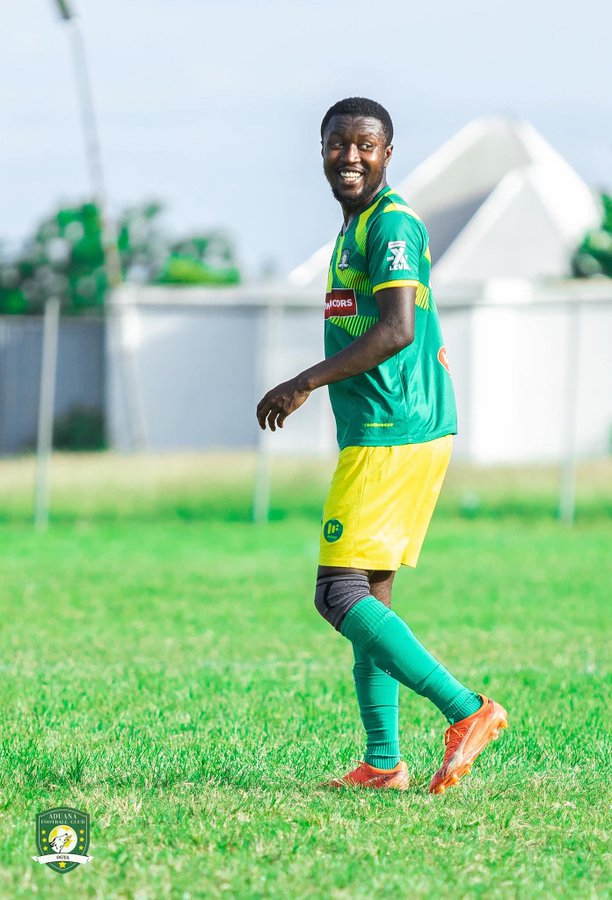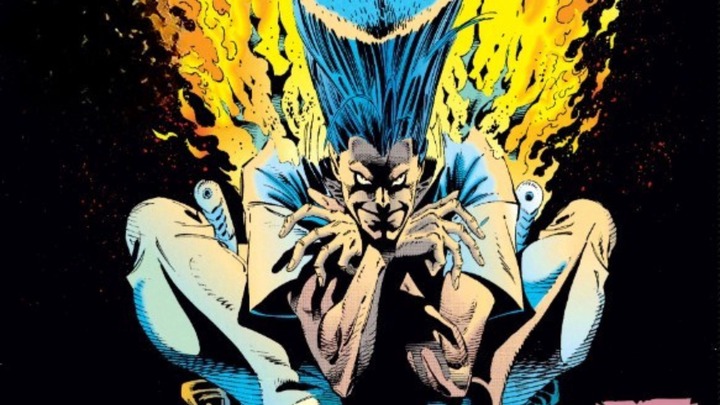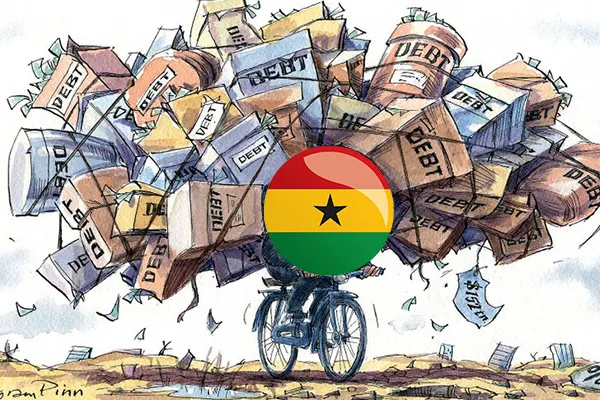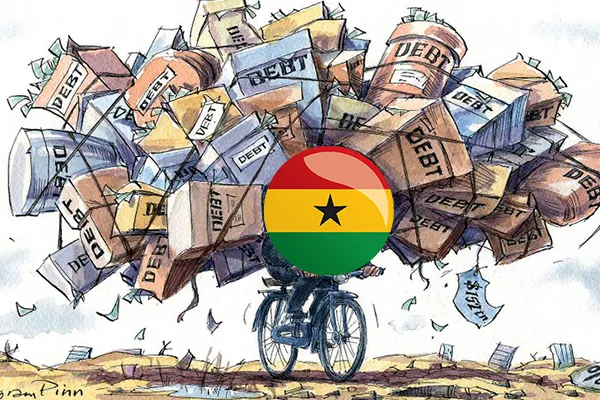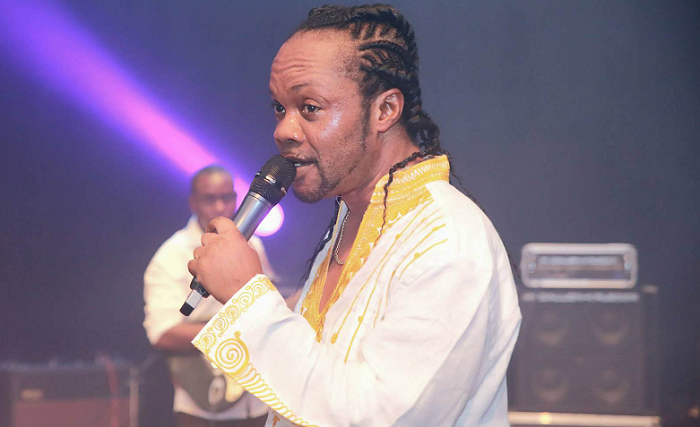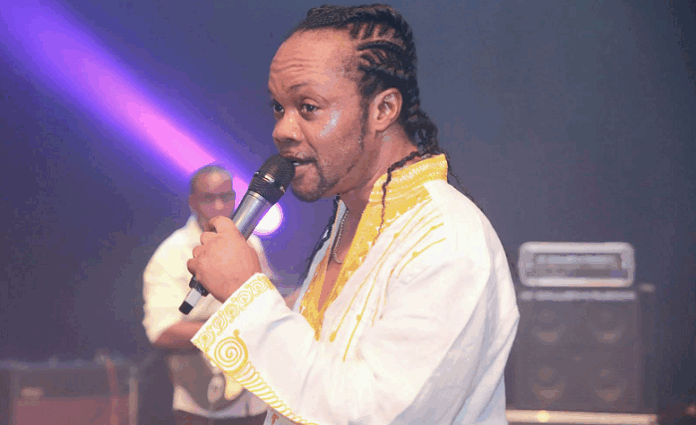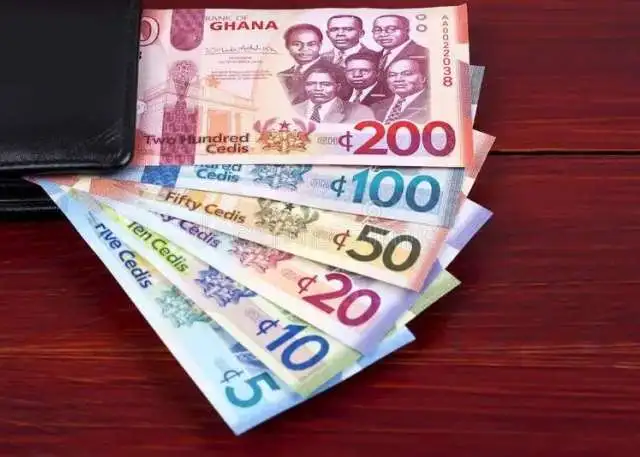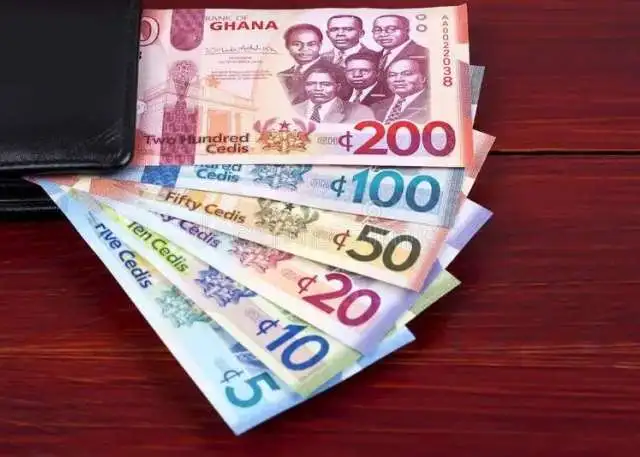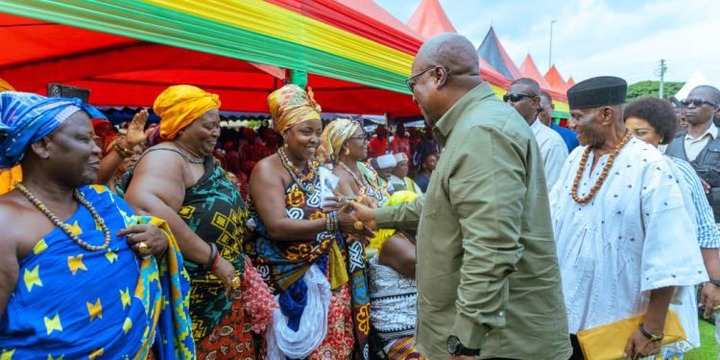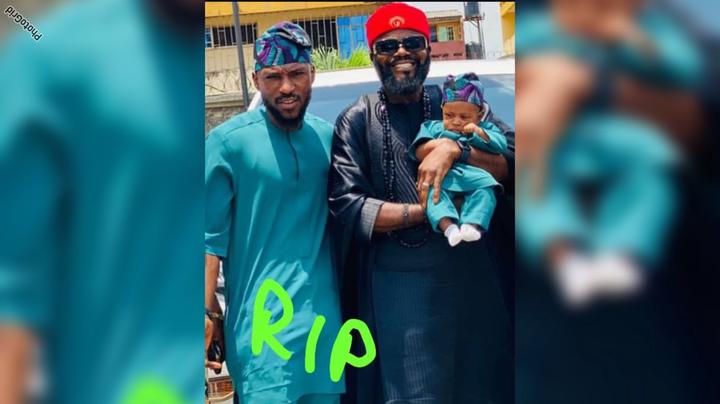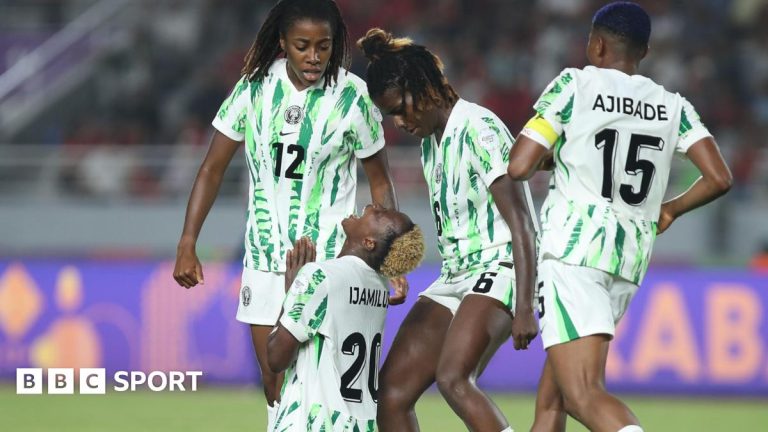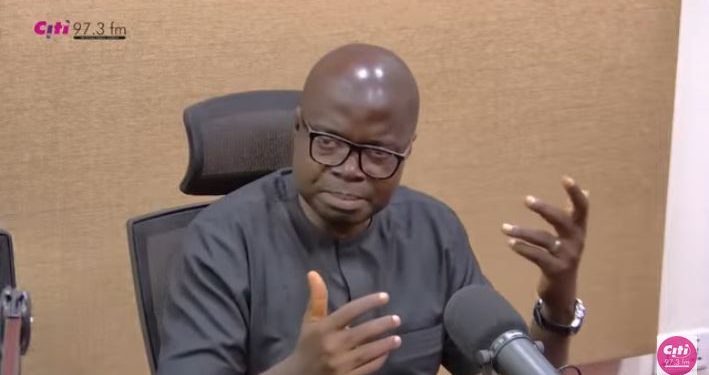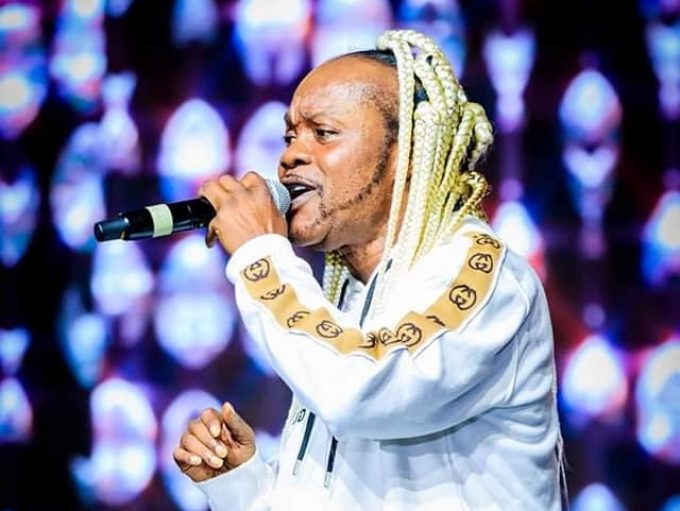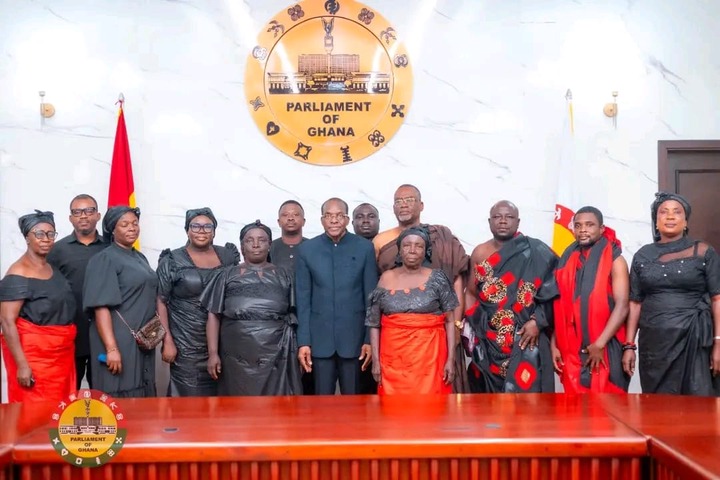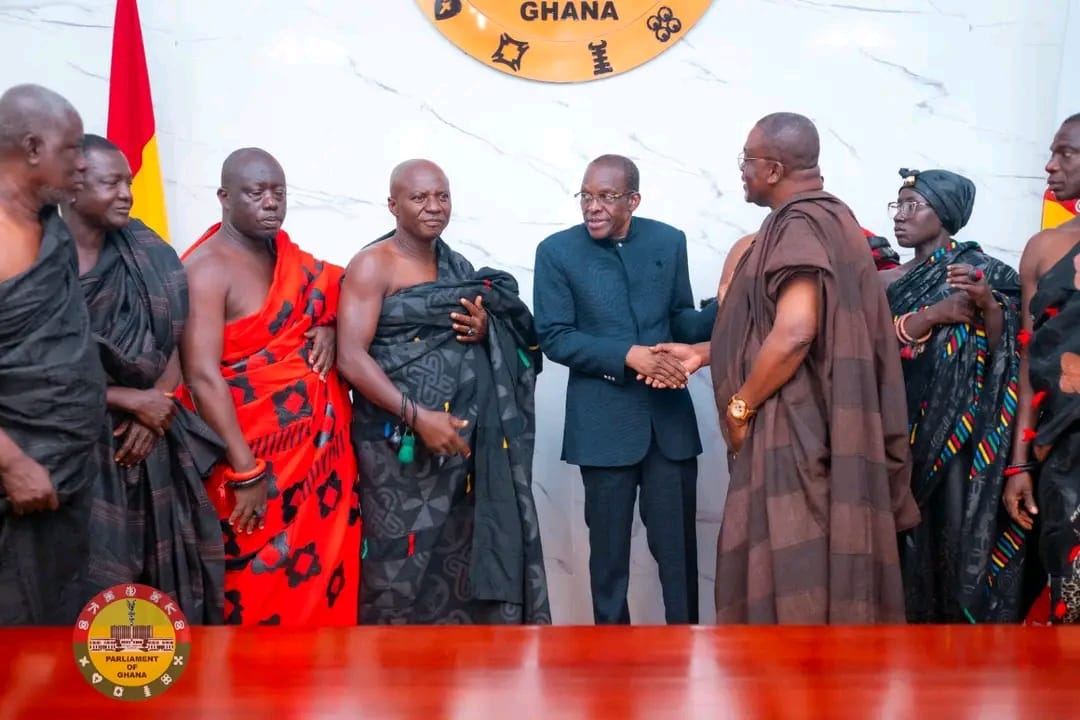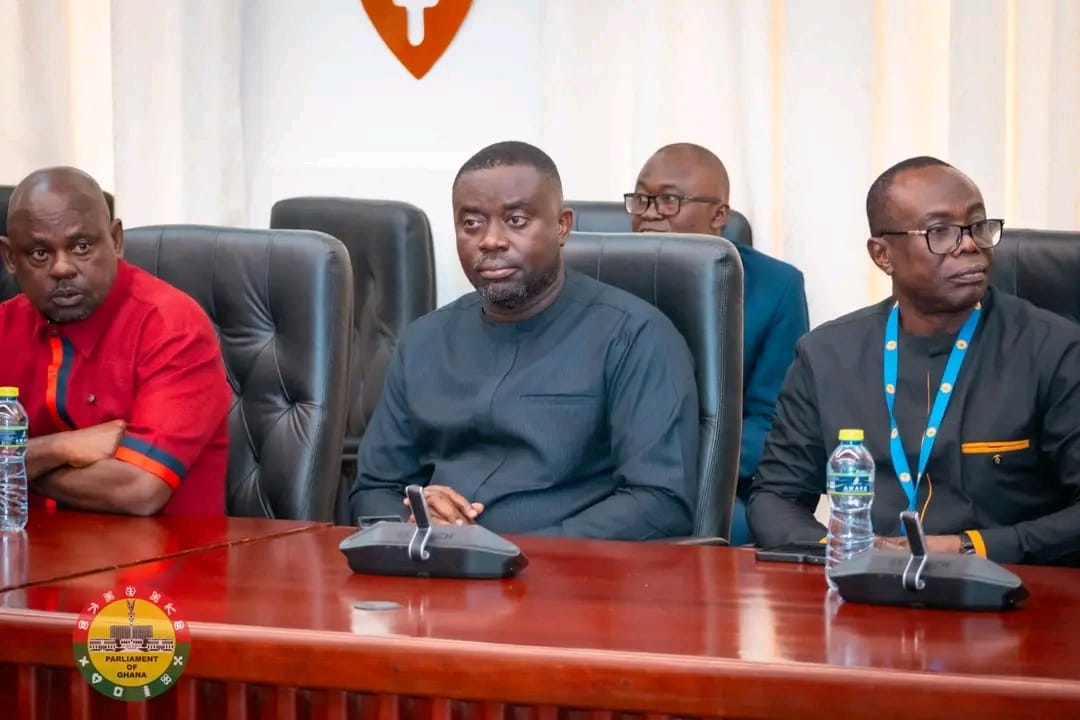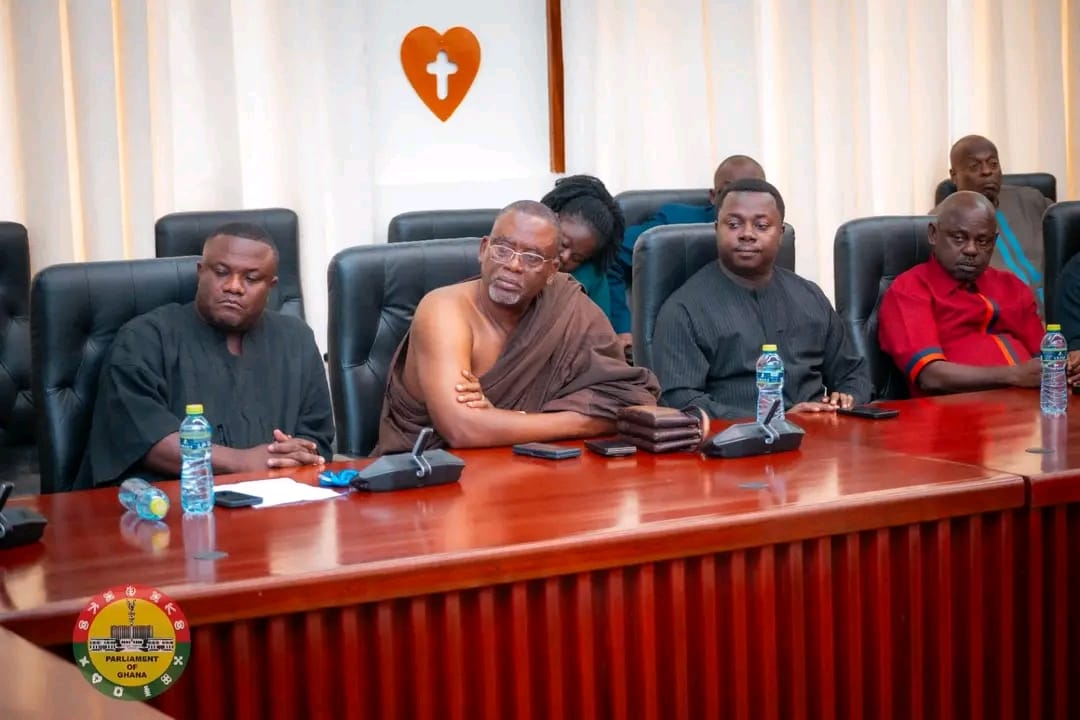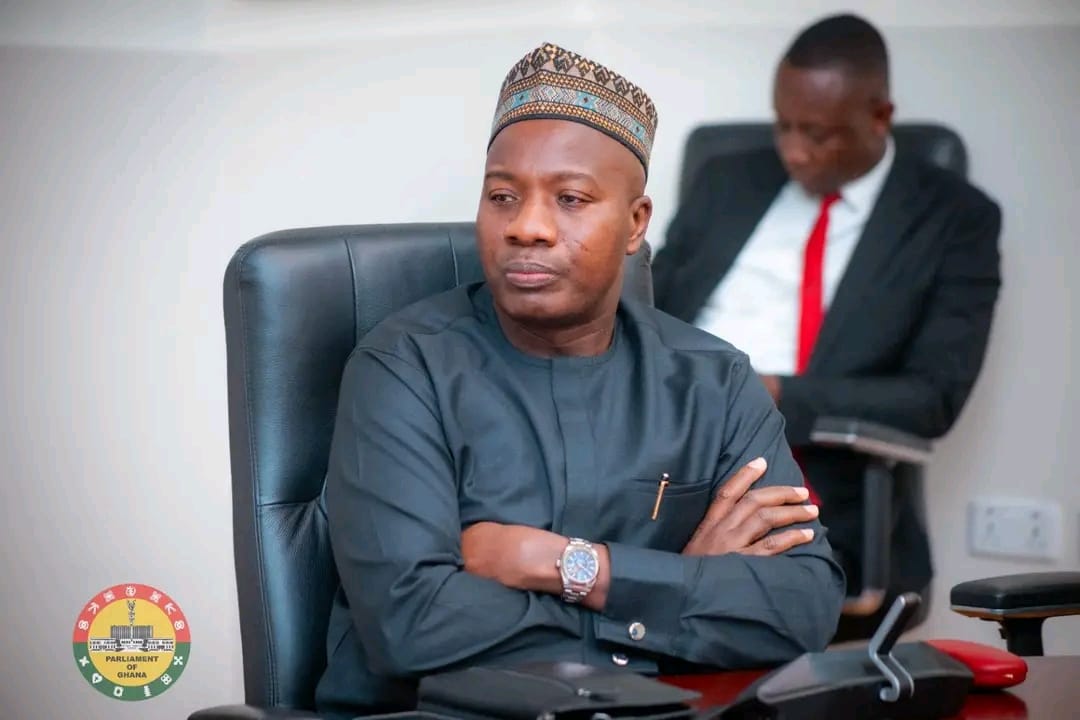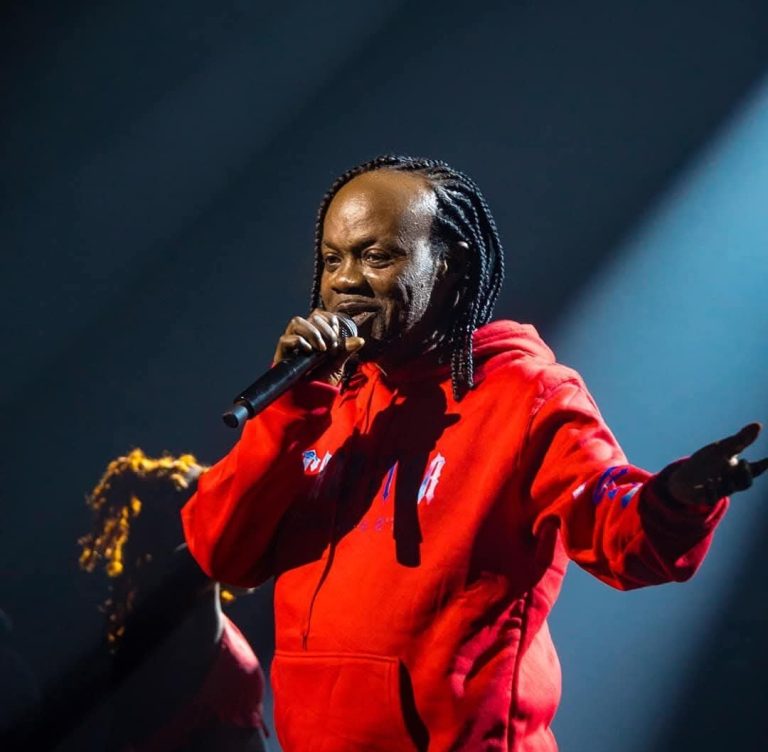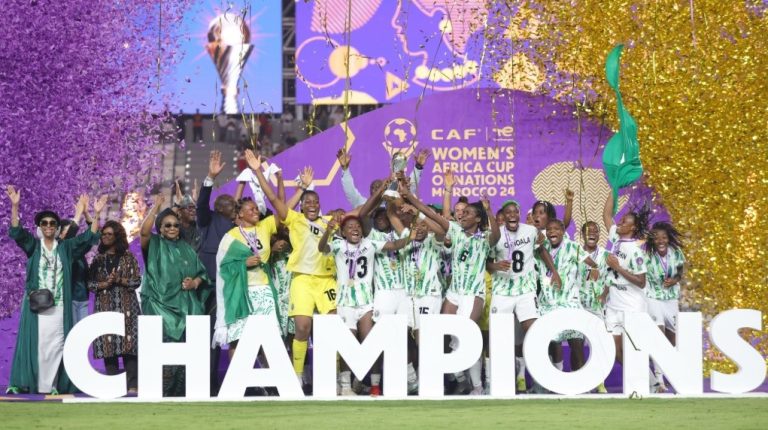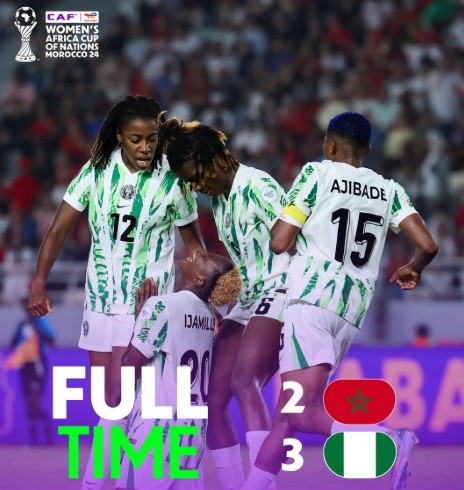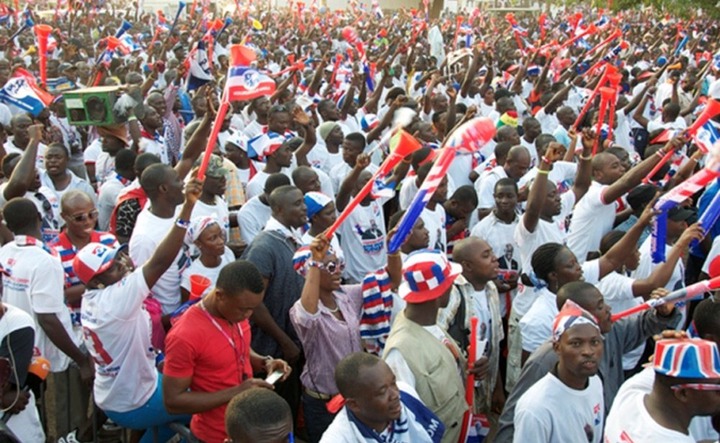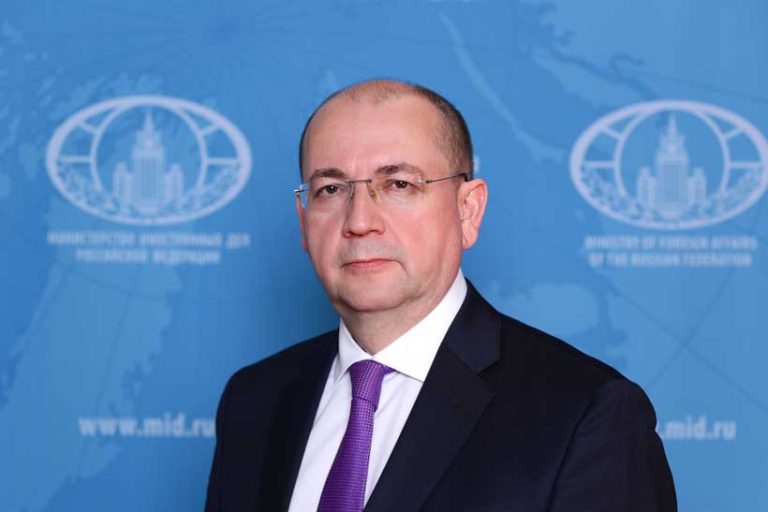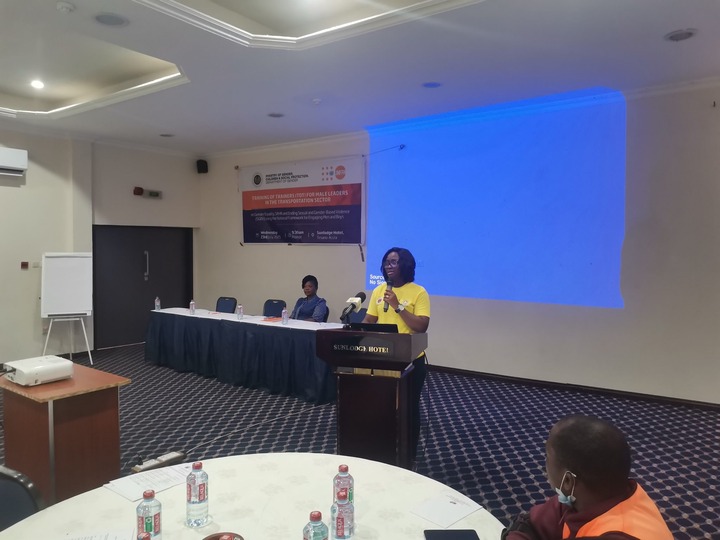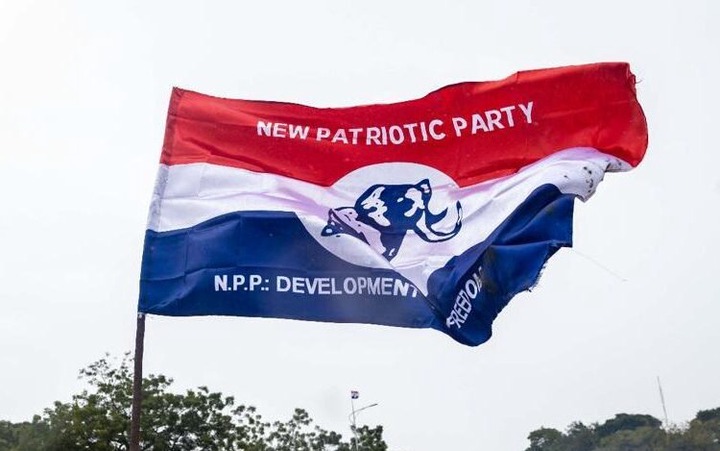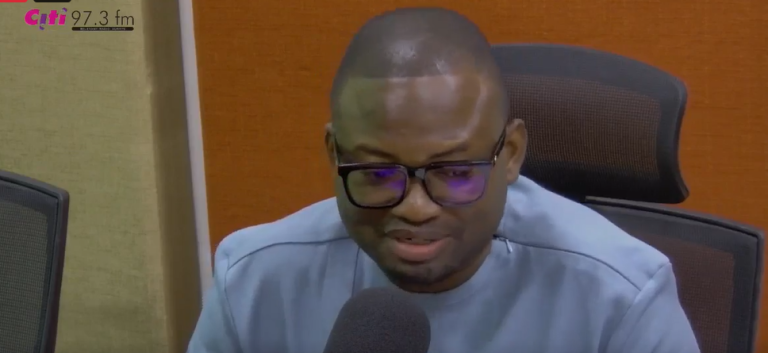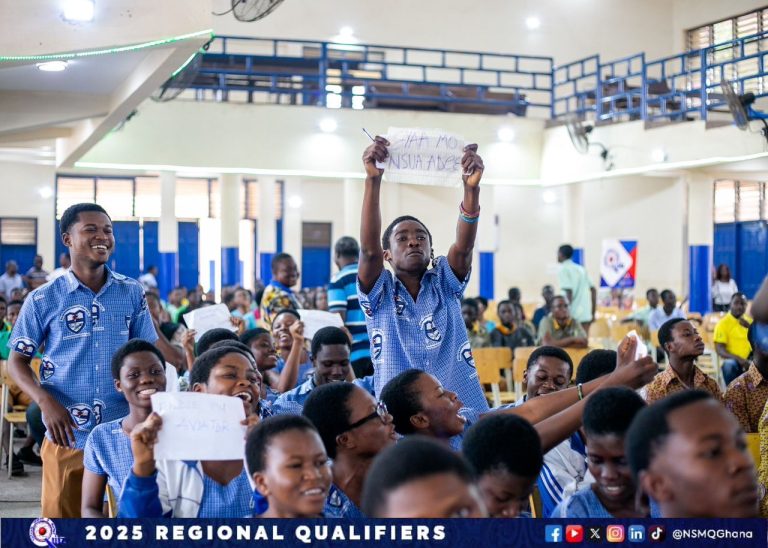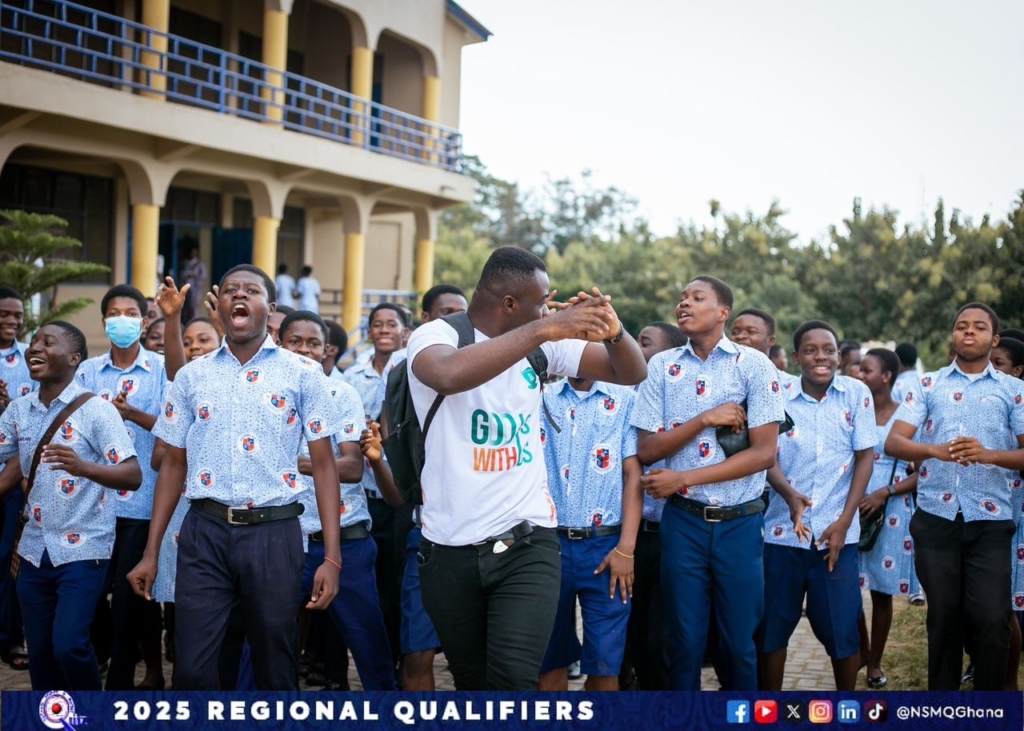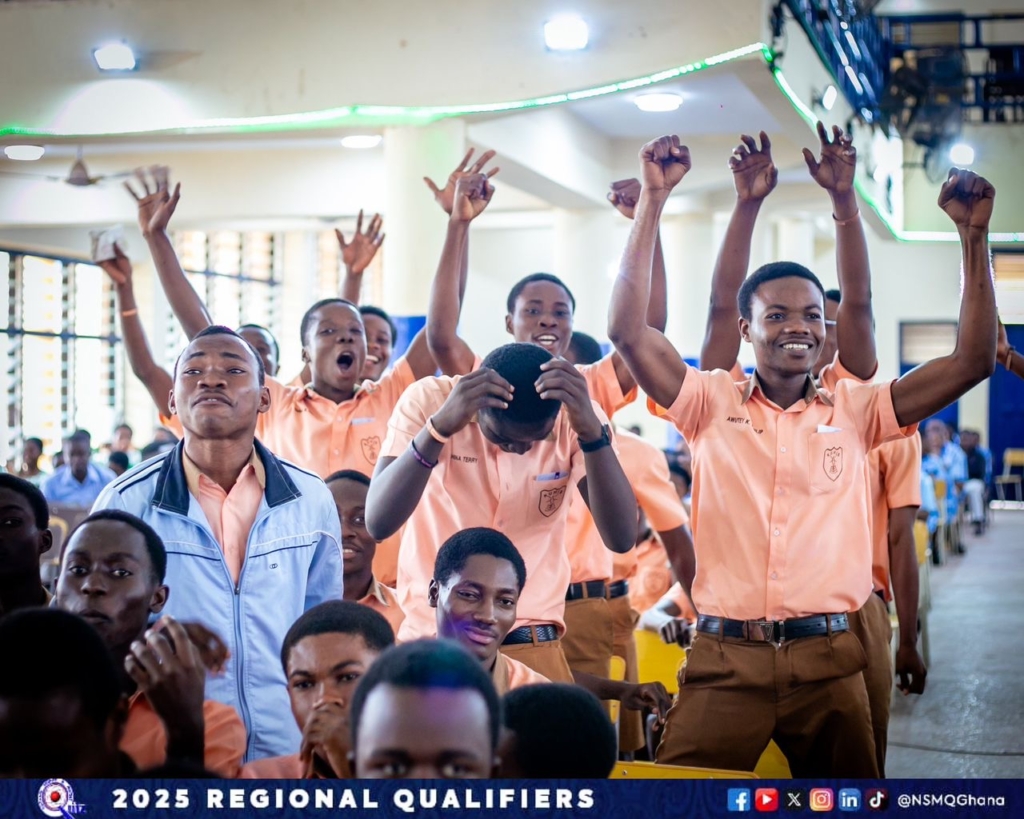In this insightful interview with Modern Diplomacy, H.E. Sergei Berdnikov, the Ambassador of the Russian Federation to the Republic of Ghana, discussed aspects of Russia’s relations with Africa, generally, and with the Republic of Ghana, particularly. Berdnikov also underlined the fact that economic cooperation and boosting trade ties, investment possibilities and public diplomacy form the main directions in the current Russia-Africa relations. Here are the interview excerpts:
–
After the first and second Russia-Africa summits, and the first conference of Foreign Ministers held in November 2024, can we assess the level of investments in the Republic of Ghana? What economic sectors are attracting Russian investors, especially now under new administration, President John Mahama of the National Democratic Congress? How would you characterize economic cooperation, particularly trade relations, these few years, between the Republic of Ghana and the Russian Federation?
H.E. Sergei Berdnikov: Africa is a dynamically developing continent, endowed with vast natural resources and rich human potential of 1.5 billion people, the majority of whom are youth. Thus, it represents both a large production base and a constantly expanding consumer market, which naturally attracts foreign, including Russian, investors. According to forecasts, the combined volume of the African economy could increase several times over the next decade, reaching up to US$8.5 trillion. Even now, Africa accounts for 2% of global production and 3% of the global economy, with 12 out of the 20 fastest-growing economies in the world located on the continent.
Currently Russian companies may find promising opportunities in projects related to the construction of hydroelectric, thermal, and nuclear power plants, as well as to the development of hydrocarbon, diamond, gold, uranium, copper, rare-earth metals, and bauxite deposits, as well as processing of extracted raw materials. The experience of Russian investors is also in demand for the creation of complex infrastructure, including the modernization of seaports and terminals, railways, and road networks. There is a strong demand among African partners for digital technologies, particularly in the public, municipal, and financial sectors. Additionally, African countries have a traditional and continued interest in investments in agriculture, which is a fundamental element of any nation’s food sovereignty.
As an additional measure to support the activities of Russian companies on the African continent, a special investment mechanism (fund) has been established, in accordance with the President’s directive, to facilitate Russian projects in Africa.
Today, Russian economic operators are successfully implementing projects in oil, gas and mining sectors across various African countries. Notable companies involved include “Rosneft”, “Gazprom Neft”, “LUKOIL”, “ALROSA”, “Nordgold”, “Severstal”, “Renova”, “RUSAL” among many others. These projects encompass geological exploration, development of oil and gas fields, construction of liquefied natural gas (LNG) terminals and related infrastructure, as well as mineral extraction.
As for the Russian-Ghanaian trade and economic cooperation, it is based on a relevant agreement signed between the Soviet Union and Ghana on October 28, 1978.
According to the Ghana Statistical Service, in 2023 the total volume of bilateral trade turnover exceeded US$850 million. The main export goods were petroleum products and wheat. Russia ranked second among Ghana’s suppliers of petroleum products in 2023, accounting for 18.2% of total imports in this category.
Noteworthy are the prospects for the Russian-Ghanaian cooperation in the sphere of nuclear energy. The intergovernmental agreement “On cooperation in the field of the use of atomic energy for peaceful purposes” dated June 2, 2015, outlines the parties’ intentions regarding training of specialists in the nuclear industry, construction of a nuclear power plant, and maintenance of the facility after its commissioning. The agreement also envisages the establishment of a Center for nuclear science and technology in Ghana. The practical matters are to be handled by the Joint Coordination Committee comprising State Atomic Energy Corporation of the Russian Federation (ROSATOM) and the Ministry of Energy of Ghana.
Since 2021, the ROSATOM has been participating in a tender for the construction of a nuclear power plant in Ghana. Proposals include both large-scale gigawatt-class reactors and small modular reactors.
In the hydrocarbon extraction sector, the Russian company PJSC “LUKOIL” is active in Ghana, holding a license to develop the Pecan oil field, located in the deepwater Tano Cape Three Points (DWT/CTP) block. This field is the largest among several oil discoveries in the contract area. The development of the Pecan field will take place in two phases which are expected to produce around 268 million barrels of oil, with an estimated capital investment of US$3.5 billion. Overall, the total recoverable oil resources from all discoveries in the DWT/CTP block are estimated at about 550 million barrels.
In 2018, on the sidelines of the St. Petersburg International Economic Forum, PJSC “Rosneft” signed a 12-year contract with the Ghana National Petroleum Corporation for the supply of LNG to Ghana. The plan was to deliver about 1.7 million tons of LNG annually to the port of Tema, which would cover approximately a quarter of Ghana’s energy needs, enhance its energy security, and strengthen its position as a key LNG hub in the West African region. However, the COVID-19 pandemic and sanctions imposed in 2022 on the Russian state-owned companies hindered the implementation of this project.
Back in August 2013, an agreement was reached to establish a Permanent Joint Commission for Cooperation (PJCC). The first meeting of the Commission took place in Moscow in October 2014. During the expert-level discussions, the parties reviewed the next steps for strengthening bilateral ties.
At the fourth session of the PJCC, held in Accra on December 13-15, 2023, the Russian Side reiterated its intention to promote cooperation in the fields of energy, mining, and mechanical engineering. However, due to the Ghana’s concerns about the risks of secondary sanctions, practical implementation of these plans has not yet started.
Under the shifting geopolitical circumstances, majority of African countries, including Ghana, are seemingly redirecting trade to Asian region, and with less attention to Russia. In your opinion, what challenges do potential exporters face in exploring Russia’s market? What are the main specific complaints from local exporters in Ghana?
Berdnikov: At the beginning, it is necessary to explain the reasons for these changes in the global economic system that have been observed recently. One significant factor contributing to the uncertainty and worsening situation in the world economy has been the impact of illegal unilateral restrictions imposed on Russia by the West after the beginning of the war in Ukraine in February 2022. These restrictive measures have had a negative impact on the international production and supply chains, creating an imbalance in investment and trade flows. It has also contributed to the worsening of the debt problem and reduced access to goods, services, finance, and technology for many countries, especially in Africa. Additionally, they have undermined the principles of fair competition, leading to geo-economic fragmentation and the division of the world economy into separate blocs.
It is worth mentioning that the negative consequences of these restrictions have also affected those who use them for their own geopolitical interests. According to the IMF, the economic growth of the developed countries as a whole didn’t exceed 1,8% in 2024, with a forecast of 1.4% for 2025. The states of the Old World have found themselves in a particularly difficult situation – economic growth in the euro zone was only 0,9% in 2024, and it is not expected to be higher than 0,8% in 2025.
The imposition of western sanctions and the use of the reserve currencies by Washington and its allies have undermined the trust of many international actors in the global financial system based on the dominance of the US dollar and euro. This has led to an increase in the use of alternative currencies in international transactions and savings.
Within associations such as BRICS, the SCO, and ASEAN, many countries are intensifying dialogue on using national currencies for mutual trade and building independent payment and settlement systems. This trend is also seen on a bilateral basis. Volatility in markets is driving up gold prices and reducing interest in the US dollar-denominated investments among sovereign investors.
Countries like Brazil, Indonesia, the UAE and Turkey are actively reducing their holdings of dollar assets. Euro has already lost its position as the second most significant reserve asset in the world, having been surpassed by gold, whose share in the official reserves of central banks exceeds the volume of the European currency.
In the current circumstances and changes in the global economic structure, African countries have more and more opportunities to diversify their trade relations, primarily with Russia and Asian countries. In the last 4 years alone, the volume of trade between Russia and Africa has grown by 45% – from US$15 billion in 2021 to US$27.7 billion in 2024 (exports – 24.2, imports – 3.5).
However, given the existing potential, the achieved figures are far from the limit. Much remains to be done, particularly as both sides look to deepen ties. The Action Plan for 2023–2026, endorsed during the 2023 Russia–Africa Summit, underscores this ambition. The plan emphasizes the strengthening of cooperation in trade, energy, transport and logistics, industrial development, digital technologies, education, and scientific collaboration. These sectors are expected to act as catalysts for long-term, sustainable economic engagement. For example, Russia is seeking to increase its role in African energy infrastructure, both fossil-based and nuclear, and expand rail and port development partnerships across the continent.
To strengthen Russian-African trade and economic cooperation, the mechanism of commissions on trade, economic, and scientific-technical cooperation with African countries is actively being utilized. Since the beginning of this year, the PJCC meetings have taken place with Algeria, Zimbabwe, Egypt, Mozambique, the Republic of Congo, Tanzania (twice), Tunisia, and South Africa. By the end of 2025, there are plans to hold the PJCCs with Angola, Guinea, Morocco, Namibia, Sudan, and Uganda.
Other important way to expand trade and economic cooperation with Africa is through the use of the BRICS mechanism. The emergence of BRICS as a collective economic force has created new opportunities for Africa to engage in strategic South-South cooperation. The growing influence of the bloc on the global stage, coupled with Africa’s development needs, has led to increased optimism about the possibility of a mutually beneficial partnership.
In recent years, BRICS countries have significantly expanded their footprint in Africa, with a marked rise in foreign direct investment and trade volumes. Africa has demonstrated immense potential for economic transformation, driven by its abundant natural resources, favorable demographics, expanding consumer class, and ongoing efforts toward regional integration. These factors position the continent as a key player in the future of global economic development.
African countries are already well represented within BRICS: South Africa, Egypt, and Ethiopia actively participate in the organization’s work, using its platform to promote not only their national interests but also the broader African agenda.
Following last year’s summit in Kazan, the Russian Federation, a new category of partner countries for BRICS was established. This year, Nigeria and Uganda joined this group. They are now invited to participate in various events organized by BRICS, including meetings between foreign ministers and expert-level sessions.
Other African countries have already expressed their interest in deepening cooperation with the BRICS group. Formal applications for membership are currently being considered. There is no doubt that this practice of involving African countries in BRICS activities will continue to grow in the future.
Russia has always supported increased participation by African states in BRICS, as it not only strengthens its international position and contributes to the realization of the principle of multilateralism, but also adds political weight to the association, making it a universal platform for dialogue. By doing so, BRICS becomes a more comprehensive alternative to western engagement formats.
With this regard, we encourage Ghanaian businesses to take full advantage of the growing trade opportunities under new circumstances. With increasing interest from both sides and the streamlining of trade procedures, Ghanaian exporters are in a strong position to access and succeed in the Russian market. Now is an ideal time for businesses to come forward with innovative proposals and partnerships that can enhance bilateral trade.
By the way, how would you generally characterize Africa today based on the discussions from above? Do you think the introduction of Russian House and Russkiy Mir are instruments to re-assert ‘soft power’ influence (public-outreach programmes) across Africa?
Berdnikov: The Federal Agency for the Commonwealth of Independent States Affairs, Compatriots Living Abroad, and International Humanitarian Cooperation (Rossotrudnichestvo) is a leading state organization whose main mission is to strengthen Russia’s humanitarian influence in the world. The Agency is represented in 71 countries of the world by 87 foreign missions. Since 2021, they have received the informal name “Russian House”.
In addition to the official representative offices of Rossotrudnichestvo, non-governmental “Russian Houses” are being opened in the world, particularly in Africa (Dakar, Luanda, Dar el-Salam, Addis Ababa, Cairo, Lusaka, Brazzaville and Bangui). In the Sahel region, Russian Houses have opened in Bamako, Mali; Ouagadougou, Burkina Faso; Niamey, Niger and other cities. They function as centers of cultural and educational cooperation, where the opportunity to study Russian language is provided free of charge, and students are awarded scholarships for studying in Russia. In addition, various cultural, educational and sports programs are organized and conducted, which are reliable “building blocks” in the construction of civilizational bridges between Russia and African countries.
Having inherited the best traditions of the Soviet cultural diplomacy, Rossotrudnichestvo relies on the experience of such organizations as the Union of Soviet Societies for Friendship and Cultural Relations with Foreign Countries (SSOD, 1958-1991). These centers offer language classes, host art exhibitions and film showings, and organize cultural festivals designed to foster mutual understanding. The cultural dimension of Russia–Africa relations is seen not merely as soft power, but as a key part of building long-term trust.
Along with Rossotrudnichestvo the Russkiy Mir Foundation is a prominent Russian non-governmental organization involved in cultural diplomacy and promoting Russian language and culture abroad. It operates through various centers and “Cabinets” (also known as “Russian Corners” or “Russian Language Classrooms”) located in different countries, often in collaboration with educational institutions and cultural centers. These Cabinets serve as hubs for the Russian language learning, cultural exchange, and promoting a positive image of Russia.
In January 2024, Russian Foreign Ministry assumed sole responsibility as the shareholder of the Russkiy Mir Foundation. This development reflects both an honour and a significant responsibility. The Foundation plays a critical role in advancing Russia’s cultural diplomacy and promoting international humanitarian cooperation. Its work helps to strengthen global ties among those who share a connection to the Russian language and heritage, regardless of their country of residence.
The values that underpin Russian society – patriotism, respect for elders, reverence for tradition, and intergenerational continuity – are deeply rooted and widely shared among Russia’s diverse peoples and faiths. These values stand in stark contrast to certain modern trends that elevate moral relativism and individual permissiveness. There is growing concern that such trends, often promoted under the banner of tolerance, can lead to societal fragmentation and the erosion of foundational ethical norms.
The preservation of Russia’s traditional spiritual and moral values is not only a domestic priority; it has also become a cornerstone of the country’s foreign policy. The updated Foreign Policy Concept, endorsed by President Vladimir Putin in March 2023, emphasizes Russia’s identity as a unique civilization shaped by over a thousand years of historical experience. This vision underlies Russia’s approach to current global challenges, particularly the war in Ukraine.
Despite external pressures, Russia continues to find support across the world, even within the countries that adopt unfriendly policies. Many people around the globe respect Russia’s stance in defending its values, sovereignty, and civilizational identity.
The Russian World is not defined merely by geography or ethnicity, but by shared values, culture, language, and a sense of historical continuity. In safeguarding these foundations – through education, diplomacy, memory, and cooperation – Russia affirms its role as a sovereign civilization in a complex, multipolar world. The future depends on the ability of nations to preserve their unique identities while promoting mutual respect and peaceful coexistence. In this effort, each supporter of the Russian World has a meaningful role to play.
And finally, African leaders and business people are already getting ready for the third Russia-Africa summit in 2026. What could be the perceptions and attitudes toward this new dawn in the Russia-Africa relations, particularly, in the context of geopolitical changes?
Berdnikov: As it was previously mentioned the Russian Federation has significantly expanded its engagement with the African continent, shifting from episodic interactions to a structured and strategic partnership. This evolution reflects Russia’s broader foreign policy priority to support the emergence of a fairer, multipolar international system, in which African nations are equal stakeholders. The policy emphasizes mutual respect, sovereignty, and non-interference, and is defined by its practical orientation toward political, economic, humanitarian, and security collaboration. Central to this is the Russia–Africa Partnership Forum and its Action Plan for 2023–2026, which outlines concrete areas of cooperation across all major sectors.
In the Joint Statement of the First Ministerial Conference of the Russia-Africa Partnership Forum (Russian Federation, Sirius Federal Territory, 10 November 2024) it was agreed to intensify the political and diplomatic engagement by expanding bilateral and multilateral dialogue. This includes more frequent foreign ministerial meetings, increased visits by government officials, and coordination in international organizations such as the United Nations. Russia strongly supports the African Union’s Agenda 2063 and the continent’s efforts to secure permanent representation in global governance structures, including the UN Security Council.
This political dialogue is intended not only to deepen mutual understanding but also to reinforce shared opposition to what Russia calls “neo-colonial practices,” including external pressure, illegitimate sanctions, and imposed political conditions. The Russian Side admits that the guiding principle of cooperation is equality – Russia treats African nations as independent actors with full agency over their domestic and foreign policy.
The economic cooperation is one of the central pillars of the Russia-Africa relationship. The stated objective is to build partnerships that contribute to industrialization, technological development, and sustainable growth on the continent. Moscow is working with African countries to diversify trade structures and boost mutual investment.
Efforts are underway to create joint business councils, trade houses, and direct business-to-business platforms to facilitate cooperation between Russian and African enterprises. African markets are also being integrated into Russian export support programs, and new tools are being developed to reduce dependence on the western financial systems – such as using national currencies and alternative payment platforms.
Particular attention is being paid to projects that address critical needs such as food security. Russia has pledged support in the form of direct grain and fertilizer supplies, investment in African agribusiness, and knowledge transfer in agricultural technology. These efforts are meant to provide long-term solutions rather than emergency relief, with an emphasis on self-sufficiency and modernization.
In recognition of the central role that human capital plays in sustainable development, Russia has expanded its initiatives in education, science, and culture. Educational cooperation is growing through the allocation of state scholarships for African students.
The Russian government is also actively working to strengthen professional training programs in engineering, medicine, IT, and public administration. Russian companies operating in Africa are encouraged to invest in local workforce development, while African professionals are being invited to participate in short-term fellowships and training sessions in Russia.
Security cooperation is another crucial area of engagement. Russia provides military-technical assistance to a number of African nations, supporting them in areas such as anti-terrorism, border security, and stabilization operations. This assistance includes the supply of arms and equipment, training of military personnel, and support in building national security institutions.
Importantly, Russia frames its security assistance as unconditional and respectful of national sovereignty. Unlike western security aid, which often comes with political preconditions, Russia’s approach is designed to empower African countries to handle their own security challenges without foreign interference. The goal is not to dominate, but to help countries maintain their independence in the face of transnational threats such as terrorism and organized crime. To enhance coordination, Russia proposes the establishment of joint task forces, the expansion of military education programs, and the creation of regional security platforms that bring together Russia and African states facing common threats. My country is also investing in partnerships that aim to strengthen Africa’s information sovereignty. This includes the expansion of Russian news outlets like “Sputnik” and “RT Africa”, which offer alternative narratives to the western media and promote African perspectives on global affairs. Efforts are underway to train African journalists, establish joint media centers, and collaborate on digital content that reflects mutual values and interests.
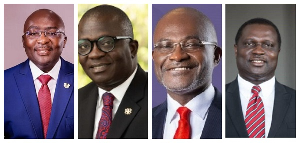 Dr Bawumia, Bryan Acheampong, Kennedy Agyapong and Dr Adutwum
Dr Bawumia, Bryan Acheampong, Kennedy Agyapong and Dr Adutwum